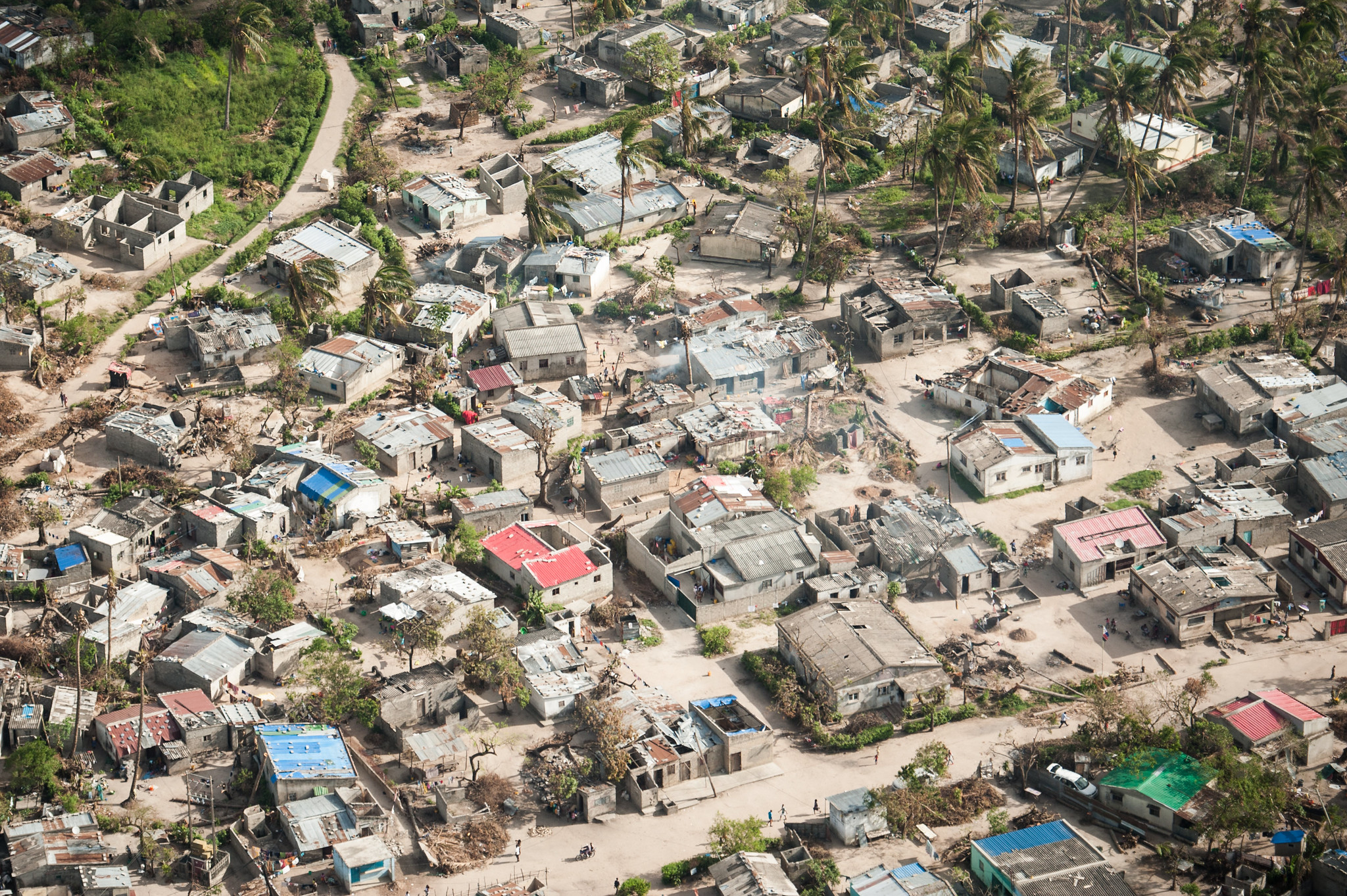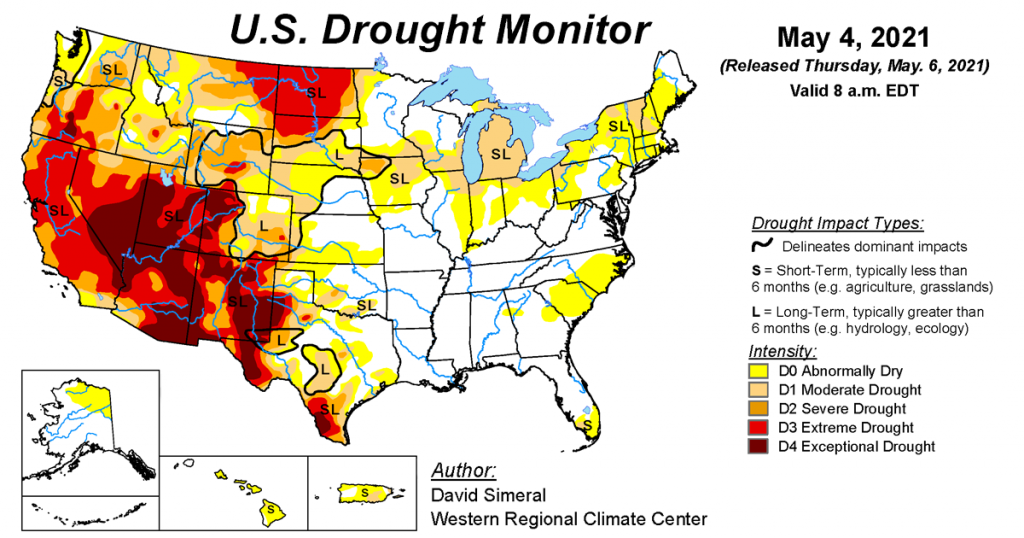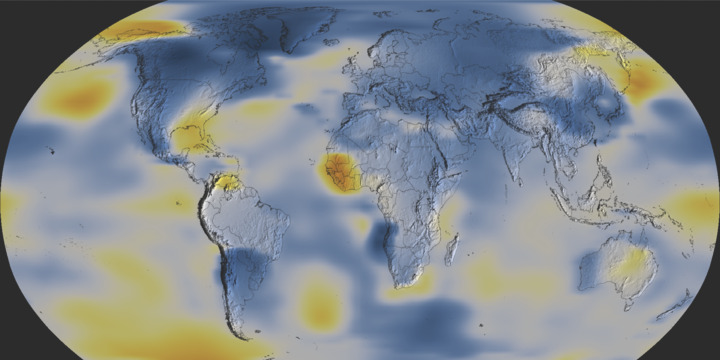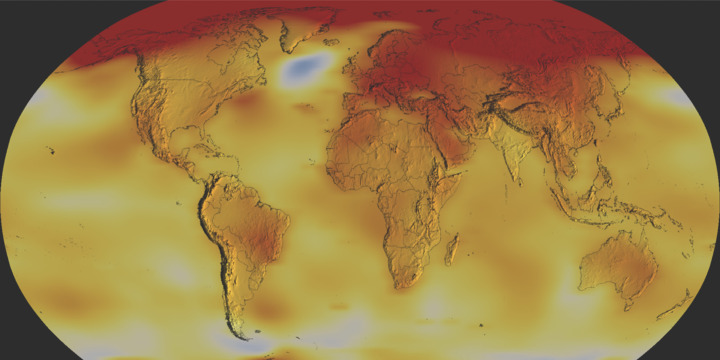The late 1990s. Clunky personal computers shrieked and whirred as they began connecting to the new, exciting phenomenon: The Internet. People were now able to access information from right at home; they could send messages to their friends and family via virtual mailing services, and by 2003 the first casual social media platform, Myspace, was invented. This allowed millions to upload music, post about their interests and hobbies on their profile pages, and connect with others hundreds of miles away through the powerful technology of the internet. Myspace quickly gained traction, and three years after its creation it became the most viewed website in the world.1
A year later Facebook was developed2, followed by Twitter in 2006.3 Both would become major platforms for internet users across the globe and develop a role in U.S. politics. However, as with the intention of the majority of social media platforms, Twitter and Facebook were originally made to bring people together with shared interests or hobbies. Political talk was kept to a minimum, and mundane posts were the usual.
Meanwhile, global temperatures were rising. This increase in temperatures across the world since the mid 1800s or early 1900s is known as global warming. Climate change, on the other hand, is defined by NASA as a “long-term change in the average weather patterns that have come to define Earth’s local, regional, and global climates.”4 Both of these processes are caused by human activities that pollute or harm the environment around them. One of the main contributions to global warming and climate change is the mass production of carbon dioxide (or CO2), which prevents heat that rises to the atmosphere of the Earth from escaping to space.5
This trapped heat causes the atmosphere and the Earth to warm. The rise in global temperature by a mere few degrees may seem inconsequential to some, but in reality the effects could be catastrophic. As a warmer atmosphere changes global weather patterns, stronger hurricanes and parching droughts will become more commonplace, and powerful, life-threatening heatwaves could occur across the globe.6 A prime example of this is the 2021 summer heatwave that hit the Pacific Northwest of the United States. In Washington State alone, 100 people were reported to have died due to the heat. All of these deaths occurred in one week, from June 26 to July 2.7
As the internet and technology developed in the first decade of the 21st century, scientists began to realize the severity of the consequences that would result if climate change was left unchecked, so federal action needed to be taken. The state of the United States’ politics was still relatively bipartisan; both parties could agree on a middle ground that allowed them to make decisions in Congress. For example, during Republican President George W. Bush’s presidency from 2001-2009, he worked with Congress to make several climate change policies in hopes to reduce air pollution and encourage use of renewable energy sources. With a goal of reducing greenhouse gas emissions, he aimed to incentivize renewable energy use through taxation, encouraging the usage of hybrid cars and renewable energy from landfill gas, among other things.8
During that time, Republicans and Democrats in Congress were able to agree on policies to address climate change. But the closer to modern day we get, the more polarized politics becomes, keeping the fight for climate change gridlocked. In 2008, 15% of Republican/Republican-leaning and 47% of Democratic/Democratic-leaning adults in the United States believed that addressing climate change should be a top priority for the President and Congress, meaning there was a 32% gap between the parties’ priority beliefs. In 2020, that gap grew to a whopping 57% difference, with 21% of Republicans and 78% of Democrats urging climate change action at the federal level. These numbers are drastically higher than any years recorded previously in the United States, illustrating just how large the gap between the political parties is growing.9 (See Figure 1.)
As time progressed and the internet grew, misinformation became commonplace. Social media was becoming a main source of information, whether the information those websites presented was reliable or not. By 2016, 64% of American adults received their political news on social media, despite these platforms’ notorious reputation for misinformation.10
The lines between reputable and unreliable information became blurred; internet users were bombarded with information everywhere they looked, some of it true and some of it not. Misinformation bled into politics– especially on social media– and the political parties drifted as the facts that the parties could agree on became muddled. Extremist beliefs rose in both parties and politics continued to polarize, as common ground dwindled between right- and left-wing politics. The U.S. was becoming one of the fastest polarizing nations in the world.11
The 2016 election illuminated the severity of the political debate on the internet and in the real world. Facebook was flooded with charged ads regarding the election, and political posts ran rampant across both Facebook and Twitter. The growing fight against climate change — commonly associated with left-wing beliefs — was met with resistance from the right, and disdain for “leftist” agendas began to grow in right-wing politics. Doubt and confusion were cast amongst politics as misinformation continued to dominate social media. Climate change was no longer just a scientific issue, but a political one.12
Due to this increase in the political nature of climate change, it became increasingly discussed on social media and connected with broader movements that aim to “save the planet”. For example, awareness of the pollution of the oceans rose with the “saving the turtles” movement going viral after marine biologist Christine Figgener recorded a plastic straw stuck in a sea turtle’s nose in 2015. Several companies, including the massive corporate giant Starbucks, even banned plastic straws after the social media outrage sparked by this video.13 This desire to protect the Earth and clean up pollutants is carried over by many into the fight against climate change, and the movement gained traction.
The effects of social media and the underlying algorithms on political polarization are popular in studies. One study surveyed a large number of Democrats and Republicans to see how Twitter affected their political beliefs. They had those in the survey follow a Twitter bot of the opposite political alignment for one month, meaning Tweets from that bot would appear in their Twitter feed whenever the bot posted. After the month was up, Republicans were noted to have become significantly more conservative, while Democrats had a slight increase in liberal beliefs. However, the change in Democrats was not substantial enough to be conclusive evidence.14
This study — along with many others — shows the role social media plays in politics. Echo chambers, which are easily created due to the algorithmic nature of social media, are groups of like-minded individuals who reinforce each other’s beliefs, resulting in little-to-no conflict or scrutiny of the information they consume.15 Because of this lack of scrutiny, exposure to new or opposing information can be sorted out via algorithm or personal preference.16 By this filtering of information, many on the internet lose exposure to the common belief system once held by both parties, and political beliefs can become even more divided.
The controversial 2016 election saw Republican Donald Trump as its winner, and his time in office was characterized by the polarized state of U.S. politics. After the 2018 election, the House was majority Democrat, while the Senate was mostly Republican, leading to many lawmaking conflicts. One of the most prominent examples of this gridlock in government politics was the 2018-2019 government shut-down. The shut-down — which was the longest seen in U.S. history at 35 days — was due to conflicts about whether the budget used to build a physical wall between the U.S. and Mexico, something President Trump had heavily advocated.17
In regards to climate change policies, not only were positive climate change policies barely addressed by President Trump, but many that were previously in place were rescinded. Compared to his Republican predecessor George W. Bush, President Trump’s actions were a large step backwards in the fight against climate change. In 2017 he promised to leave the Paris Agreement, a pact among 195 other nations that aimed to reduce the production and emission of greenhouse gases. Earlier regulations restricting greenhouse gas emissions were loosened, and bans that prevented drilling for oil in previously protected locations in Alaska were lifted.18 After 2018, the Democrat-led House clashed with the Republican-led Senate like never before, and the nation’s politics were in disarray as no middle ground could be found. Social media — our main way of keeping in touch with one another, and a prime illustrator of the state of public opinion — became staunchly divided, especially as President Trump took to Twitter to post his doubts on climate change.

Similarly, the western U.S. will soon also be in a catastrophic drought, the worst the nation has ever seen 21 (See Figure 2.), and warmer ocean waters will see many severe hurricanes such as Hurricane Ida, a near-category 5 hurricane that left millions in Mississippi and Louisiana without power, and killed more than 70 people in the Eastern U.S.22



We have the power to make a difference if we all work together. Although the Internet and social media divide some, they can be used as a greater tool to unite us all. Our voices are powerful, and we must speak out if we want change. While change isn’t easy to achieve, it is certainly possible now more than ever thanks to social media.
- The Evolution of Social Media: How Did It Begin and Where Could It Go Next?(Maryville Online, 2020, https://online.maryville.edu/blog/evolution-social-media/). ↵
- Facebook Launches (History.com, Accessed October 20, 2021, https://www.history.com/this-day-in-history/facebook-launches-mark-zuckerberg). ↵
- Twitter Launches (History.com, Accessed October 18, 2021, https://www.history.com/this-day-in-history/twitter-launches). ↵
- Holly Shaftel, Overview: Weather, Global Warming and Climate Change (Climate Change: Vital Signs of the Planet, Climate.nasa.gov, Accessed November 22, 2021, https://climate.nasa.gov/resources/global-warming-vs-climate-change). ↵
- Climate Change Evidence: How Do We Know? (Climate Change: Vital Signs of the Planet, Climate.nasa.gov, 2020, https://climate.nasa.gov/evidence). ↵
- Randal Jackson, The Effects of Climate Change (Climate Change: Vital Signs of the Planet, Climate.nasa.gov, Accessed October 29, 2021, https://climate.nasa.gov/effects). ↵
- Heat Wave 2021 (Washington State Department of Health, Doh.wa.gov, 2021, https://www.drought.gov/documents/western-drought-status-update-july-15-2021). ↵
- Fact Sheet: Key Bush Environmental Accomplishments (georgewbush-whitehouse.archives.gov, Accessed October 18, 2021, https://georgewbush-whitehouse.archives.gov/news/releases/2004/07/20040714-2.html). ↵
- Environmental Protection Rises on the Public’s Policy Agenda As Economic Concerns Recede (Pew Research Center- U.S. Politics and Policy, 2020, https://www.pewresearch.org/politics/2020/02/13/as-economic-concerns-recede-environmental-protection-rises-on-the-publics-policy-agenda/). ↵
- E. Shearer and J. Gottfried, News Across Social Media Platforms (Pew Research Center, 2016). ↵
- Jill Kimball, U.S. Is Polarizing Faster than Other Democracies, Study Finds (Brown University, 2020, https://www.brown.edu/news/2020-01-21/polarization). ↵
- Andrew Hoffman, Climate Change as a Culture War (Stanford Social Innovation Review, 2012, https://ssir.org/books/reviews/entry/climate_science_as_culture_war). ↵
- Sophia Rosenbaum, What the Woman Who Recorded the Heartbreaking Turtle Video Wants Companies to Know About Plastic Straws (Time, 2018, https://time.com/5339037/turtle-video-plastic-straw-ban/). ↵
- Christopher Bail et al., Exposure to Opposing Views on Social Media Can Increase Political Polarization (Proceedings of the National Academy of Sciences, 2018, https://doi.org/10.1073/pnas.1804840115), 9216-9221. ↵
- C. Sunstein, Republic.com 2.0 (Princeton, NJ: Princeton University Press, 2007). ↵
- E. Praiser, The filter bubble: What the Internet is hiding from you (New York: Penguin Press, 2011). ↵
- Committee for a Responsible Federal Budget, Q&A: Everything You Should Know About Government Shutdowns” (crfb.org, September 23, 2021, https://www.crfb.org/papers/qa-everything-you-should-know-about-government-shutdowns). ↵
- Samantha Gross, What Is the Trump Administration’s Track Record on the Environment? (Brookings.edu, 2020, https://www.brookings.edu/policy2020/votervital/what-is-the-trump-administrations-track-record-on-the-environment/). ↵
- DFID, UK Department for International Development, People Taking Refuge on the Roofs of Buildings Following Flooding Caused by Cyclone Idai in Mozambique (creativecommons.org). ↵
- Chris Huber, 6 of the Worst Disasters in 2019 (Worldvision.org, 2019, https://www.worldvision.org/disaster-relief-news-stories/worst-disasters-2020). ↵
- Western Drought Status Update: July 15, 2021 (Drought.gov, 2021). ↵
- Sevil Omer, 2021 Hurricane Ida: Facts, FAQs, and How to Help (worldvision.org, 2021, https://www.worldvision.org/disaster-relief-news-stories/2021-hurricane-ida-facts). ↵
- U.S. Drought Monitor Update for May 4, 2021 | News (National Centers for Environmental Information (NCEI), 2021, ). ↵
- NASA Global Climate Change, Global Surface Temperature (Climate Change: Vital Signs of the Planet. Accessed November 22, 2021, https://climate.nasa.gov/vital-signs/global-temperature). ↵
- NASA Global Climate Change, Global Surface Temperature (Climate Change: Vital Signs of the Planet. Accessed November 22, 2021, https://climate.nasa.gov/vital-signs/global-temperature). ↵
- NASA Global Climate Change, Global Surface Temperature (Climate Change: Vital Signs of the Planet. Accessed November 22, 2021, https://climate.nasa.gov/vital-signs/global-temperature). ↵
- Help Us Remove 30 Million Pounds of Trash by January 1st, 2022 – Join #TeamSeas (teamseas.org, 2021, https://teamseas.org). ↵



7 comments
LEE
I like to read this article. This article has attracted me. The topic is about climate change. I always am interested in reading this kind of article in daily life. Thank you for sharing such a nice story about climate change. It was very good article for me. I’d like to share this article with my peers. It would be so good if we have debate with this topic.
Sebastian Hernandez-Soihit
Great discussion between politics, the public, and the internet when it comes to climate change policy-making. Balanced discussion and great call to action.
Alexis Zepeda
Hello! Congratulations on publishing a great article! I think the topic of this article definitely continues to be relevant today. Social media has become a vast place that allows everyone to share great and innovative messages and ideas. Simultaneously, the idea of doing research is an important message to take away from this article. Great job!
Ana Barrientos
I agree that climate change has definitely caused a huge divide especially in the political world. People are choosing to believe someone or something that is not reliable, so I think it’s important to do your own research. Like you said, I do think social media can have good effects on spreading awareness about certain issues or topics. Especially social media influencers, because they greatly impact their followers. Overall, great article! It was super informative!
Carlos Hinojosa
Climate change has been affecting us as humans for centuries, but we barely started noticing not until recently in the 21st century. Your article talks about hoe social media could be used to spread awareness to the world about it with its pro and cons. However, I don’t think it will ever be truly effective until a censor is put on social media platforms preventing people from spreading false information. Besides, that I think is a really good article I hope to read more by you.
Alonso Rodriguez
Social networks can become an element of polarization, but also of union. In this case, it is essential that people like Mr. Beast take the trouble to develop events to fight against causes that affect us all. What worries me is if behind these “solidarity” campaigns is not hidden an economic incentive for such popular people to do these things.
Isaac Fellows
Climate change is a great interest of mine, and I’m so glad I found your article!
Social media has certainly damaged the direction of climate change policy. Especially with echo chamber inducing algorithms, it’s insane just how much half the population has turned against climate action. I’m at least a bit hopeful considering the House very recently passed Biden’s Build Back Better Bill which the largest chunk of spending included is going to climate mitigation efforts. Though it’s hard to say if what is included will ever be enough. The lack of consideration for climate change on the side of the GOP is especially concerning because they’re currently poised to win the House (and maybe the Senate) in 2022. God can hope that a climate-denying candidate doesn’t win the Presidency in 2024, because that’ll stall necessary climate action for at least another 6-10 years counting from today. Hopefully young people, influenced by social media, will continue to vote as they did in 2020 to save this planet.
Great article, and very prescient.